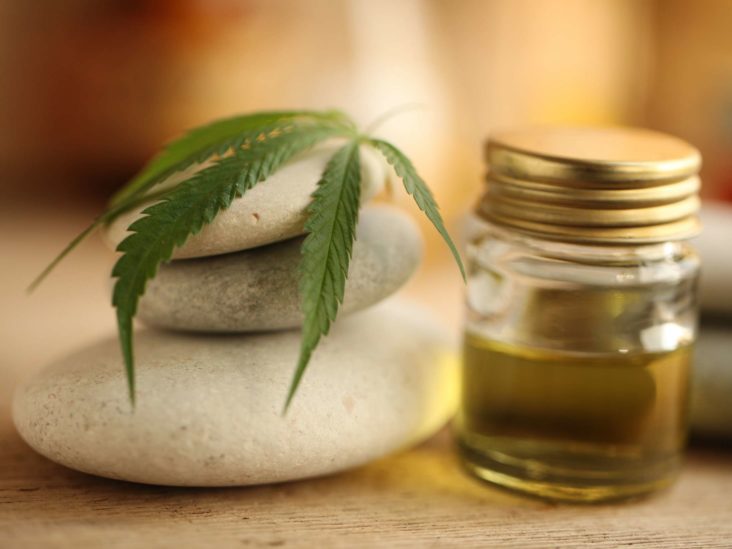According to a new analysis, there are now more internet searches for cannabidiol (CBD) information than any other alternative therapies. Acne, pain, menstrual problems, and opioid addiction — the range of conditions that cannabidiol (CBD) can apparently treat seems endless. But does the compound really work? The answer remains unclear.
Nonetheless, CBD is having a moment, says a research letter that JAMA Network Open has published.
The analysis of online searches by the population of the United States reveals that millions are equally or more interested in CBD than they are in any other health products and topics.
Dr. Davey Smith, chief of infectious diseases and global public health at the University of California (UC), San Diego, says: At this time there are no known benefits for taking CBD over the counter. CBD is this generation's snake oil, where millions are engaging with the product without evidence of any benefit. The study's authors assert that investigation into CBD should become a public health priority to catch up with the public's interest.
They conclude their paper by proposing a four-phase plan of action going forward:
1. Studies should focus on the epidemiology of CBD use, characterizing who uses CBD products and for what purposes.
2. Researchers should evaluate the effects and potential drug interactions of CBD.
3. There is a need to develop product safety standards because the mislabeling of CBD products is common, and adulterated products have led to mass poisonings.
4. Marketing practices around CBD should be standardized, as marketing that misleads the public could erode trust in evidence-based medicine.
(Credits: www.medicalnewstoday.com)


1587529391.jpg)